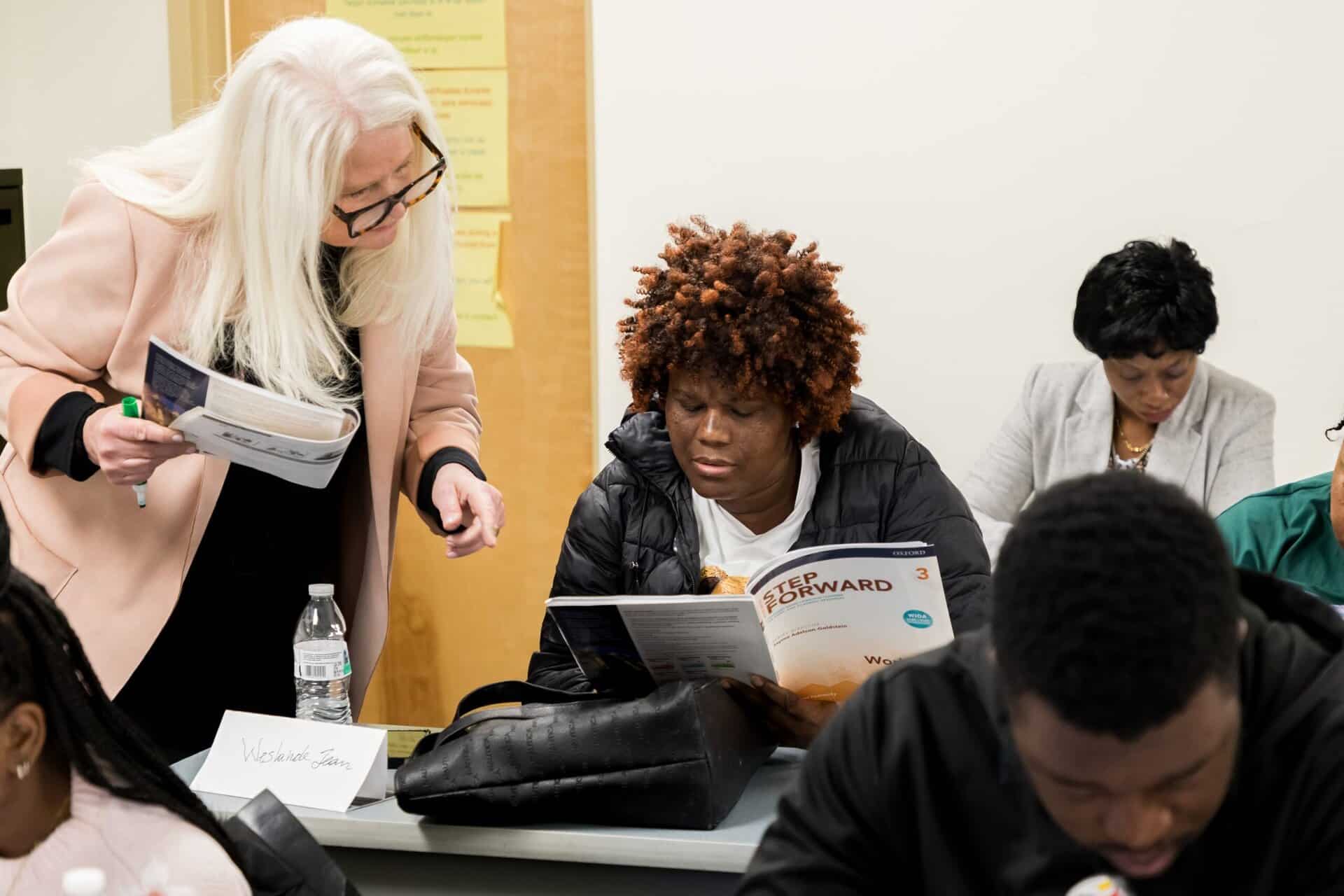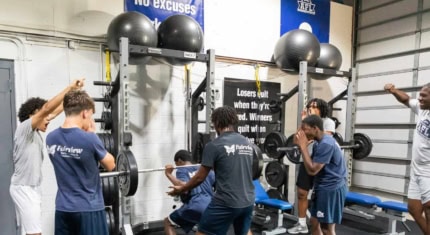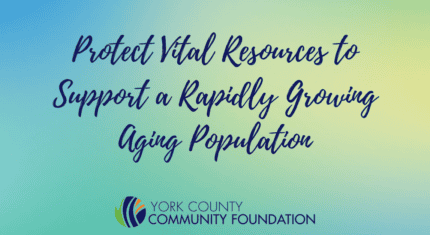A few months ago, my mother needed a surgery and was hospitalized for a few days. It all happened rather quickly. One minute she was at an appointment with her primary care provider, and the next thing we knew, an ambulance was transporting her from the doctor’s office to the ER. At the time, the hospital was only allowing one person to accompany a patient, so I went instead of my father.
While receiving care in the ER, and then while being transferred and settled into her room many hours later, some of the healthcare workers called my mother “honey” instead of using her name. Some of them spoke directly to me instead of my mother, as if she wasn’t in the room at all. Some of them made comments such as, “she’s so cute.”
Although I don’t believe any of these were ill-intended, they were ageist.
Ageism in healthcare has a negative impact on the health of older people. Being sick is expensive, and ageism makes people sicker. A recent study estimated that the one-year cost associated with ageism’s influence in major diseases at $63 billion.
I believe everyone has biases, and that includes age bias. Healthcare providers are as prone to stereotyping older adults as the rest of society. This may be due to fact that they tend to be more exposed to sick older people, correlating aging with serious decline.
Ageism in healthcare can have a profound influence on the type and amount of care offered, requested, and received. This makes older adults at risk of being over/under -treated or un/mis -diagnosed.
Sometimes there is an assumption that a symptom is part of advanced aging, versus a condition that can be treated.
An example I often hear retold is that of a patient in their 80s who went to the doctor due to pain in their left knee. Without even looking at her knee, the doctor said, “At your age, what do you expect? Of course your knee is going to give out!” The patient replied, “Then why isn’t my right knee hurting?”
Pain is a natural consequence of aging, yet not all pain is age-related. Pain is a sign of injury, illness, or disease versus aging per se.
One in five people over the age of 50 experience ageism in healthcare settings, often related to providers’ lower expectations of their capabilities.
Examples of this include:
- Speaking extra loudly or slowly
- Exaggerating their intonation and using simple sentences
- Using elderspeak – saying “sweetie” or “honey” versus the patient’s name
- Ignoring the patient altogether and speaking directly to the caregiver
- Assuming the patient is unable to make decisions for themselves
- Lowering expectations of improvement for the patient
Society’s emphasis on anti-aging has amplified a certain stigma about caring for older adults. The number of doctors with advanced geriatrics training is declining, and is viewed as less rewarding, interesting, or important.
At a time when there are more people over the age of 64 than under the age of 5, only a few medical schools require students to take a geriatric course. Most geriatric courses devote at the most, one session to mental health. This means fewer than one-third of therapists who treat older people have any graduate training in the psychology of aging.
You deserve quality health care. And how well you and your doctor talk to each other is one of the most important parts of receiving that care. If you experience ageism, it is important to speak up.
In the case of my mother’s experience in the hospital, I advocated on her behalf. In a polite, yet direct way, I told them my mother’s name and said we prefer they use it over calling her honey. When the providers spoke directly to me, I asked them to repeat it to my mother. I wanted to make certain she did not feel invisible.







